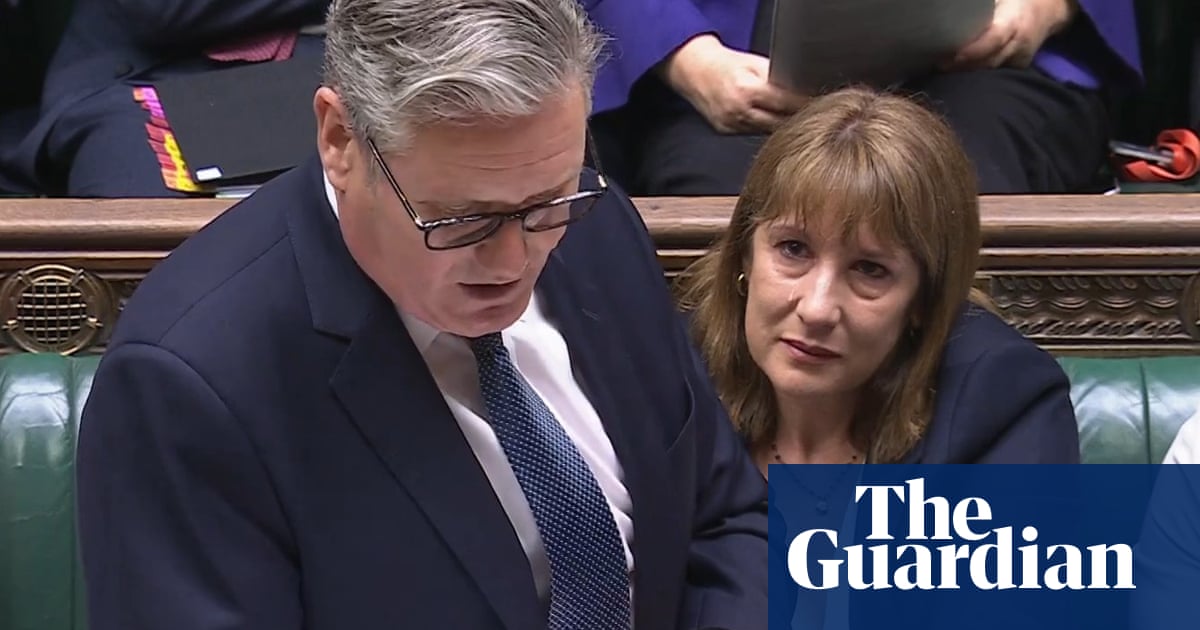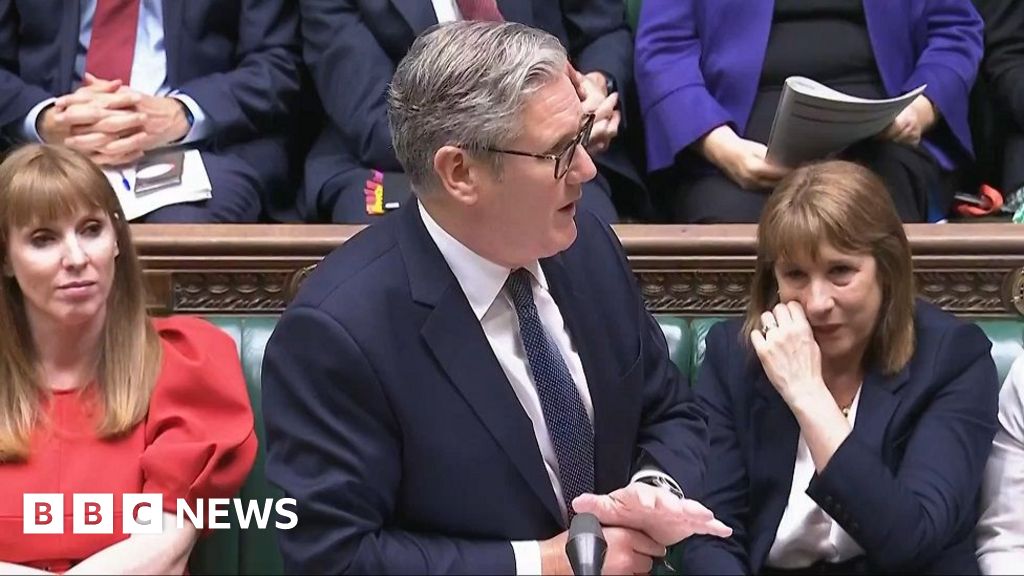Uncertainty Surrounds Rachel Reeves' Position as Chancellor Amid Welfare Spending Controversy
Rachel Reeves' emotional response to a government U-turn on welfare spending raises questions about her future as Chancellor, despite support from Labour leader Starmer.
Overview
- Rachel Reeves, Chancellor, was visibly upset after a government U-turn on welfare spending plans.
- Labour leader Keir Starmer expressed support for Reeves amid speculation about her future.
- The Prime Minister and Starmer refrained from confirming Reeves' job security following her emotional display.
- Starmer's government reversed welfare spending cuts to avert a rebellion from party lawmakers.
- The situation highlights internal party tensions and the challenges of maintaining party unity on fiscal policies.
Report issue

Read both sides in 5 minutes each day
Analysis
Center-leaning sources frame the situation as a political struggle, highlighting emotional responses and government instability. They emphasize the tension within the ruling party and the implications of leadership decisions, suggesting a critical view of the government's handling of welfare reforms while maintaining a focus on accountability and political dynamics.
Articles (3)
Center (2)
FAQ
Rachel Reeves appeared visibly upset and tearful in the House of Commons following a government U-turn on welfare spending plans, which created an almost £5 billion hole in her budget and placed her position under intense scrutiny.
Despite speculation and her emotional display, Downing Street has stated that Rachel Reeves is 'going nowhere' and has the Prime Minister's full backing to remain as Chancellor.
Keir Starmer expressed support for Rachel Reeves but declined to publicly guarantee her job security when asked, though his press secretary later affirmed that Reeves has the Prime Minister's full backing and is secure in her role.
The government reversed its welfare spending cuts to avert a rebellion from Labour Party lawmakers, particularly to soften and delay cuts to welfare benefits for disabled people, which led to 49 Labour MPs voting against the bill despite its passage.
The welfare spending U-turn and emotional response from Reeves highlight internal tensions and the challenges faced by the Labour Party leadership in maintaining party unity on fiscal policies amid dissent from its own lawmakers.
History
- This story does not have any previous versions.

